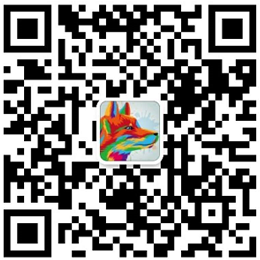UCS-4 or other encoding with a 32-bit code unit and ASCII
characters encoded as ASCII values, in respectively big-endian (1234), little-endian
(4321) and two unusual byte orders (2143 and 3412). The encoding declaration
must be read to determine which of UCS-4 or other supported 32-bit encodings
applies.
UTF-16BE or big-endian ISO-10646-UCS-2
or other encoding with a 16-bit code unit in big-endian order and ASCII characters
encoded as ASCII values (the encoding declaration must be read to determine
which)
UTF-16LE or little-endian
ISO-10646-UCS-2 or other encoding with a 16-bit code unit in little-endian
order and ASCII characters encoded as ASCII values (the encoding declaration
must be read to determine which)
UTF-8, ISO 646, ASCII, some part of ISO 8859, Shift-JIS, EUC, or any other
7-bit, 8-bit, or mixed-width encoding which ensures that the characters of
ASCII have their normal positions, width, and values; the actual encoding
declaration must be read to detect which of these applies, but since all of
these encodings use the same bit patterns for the relevant ASCII characters,
the encoding declaration itself may be read reliably
EBCDIC (in some flavor; the full encoding declaration
must be read to tell which code page is in use)
Other
UTF-8 without an encoding declaration, or else the data stream is mislabeled
(lacking a required encoding declaration), corrupt, fragmentary, or enclosed
in a wrapper of some kind



